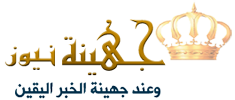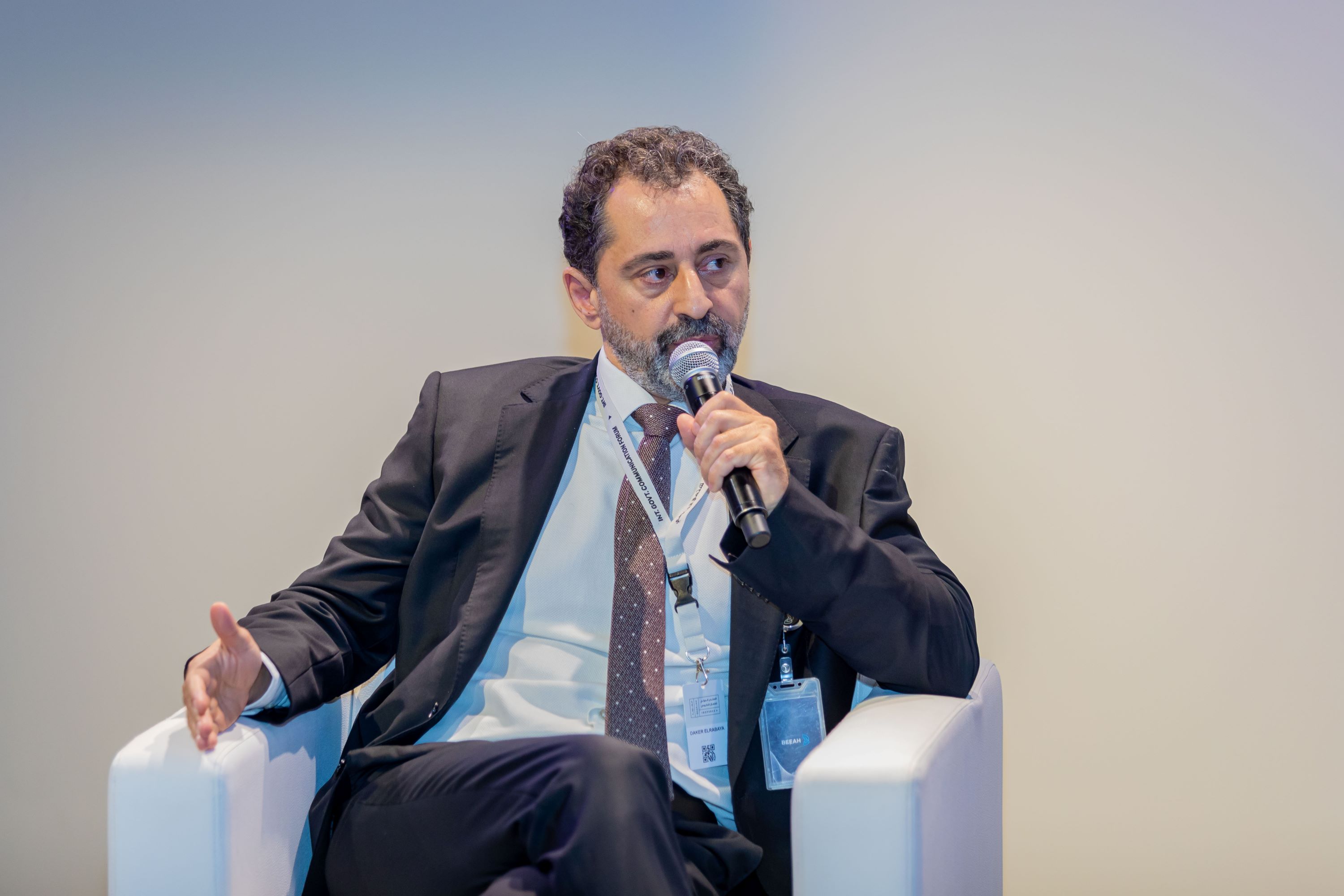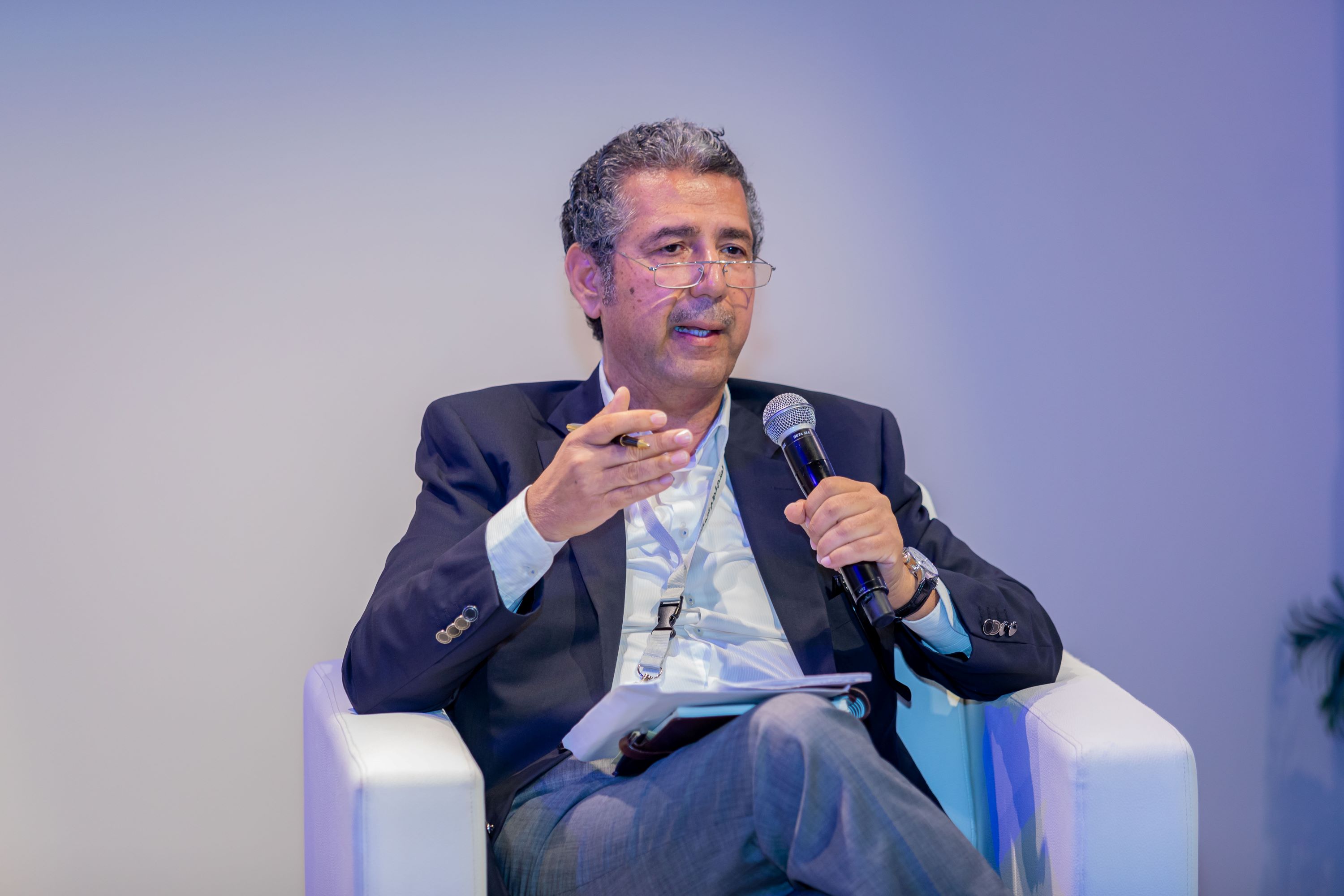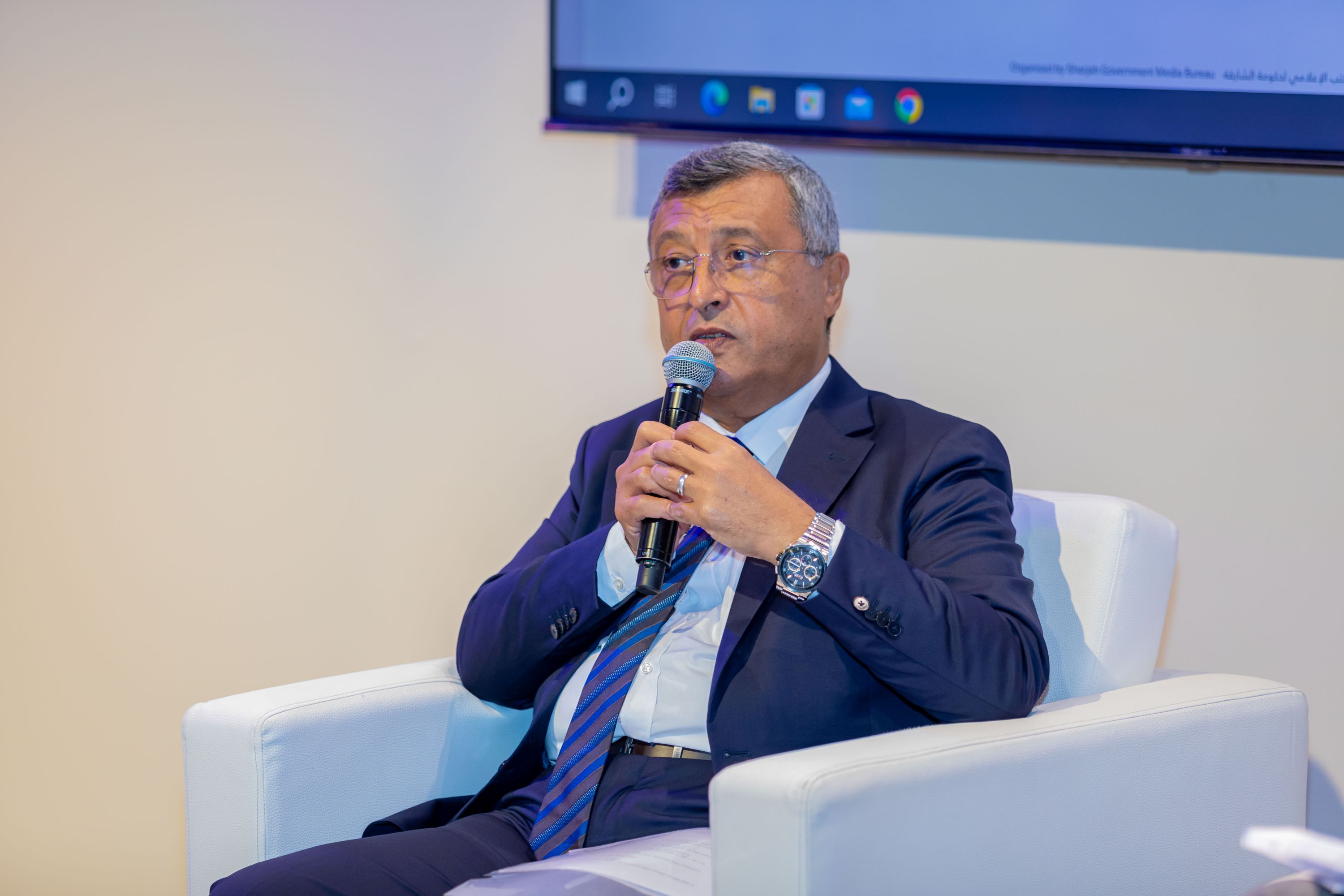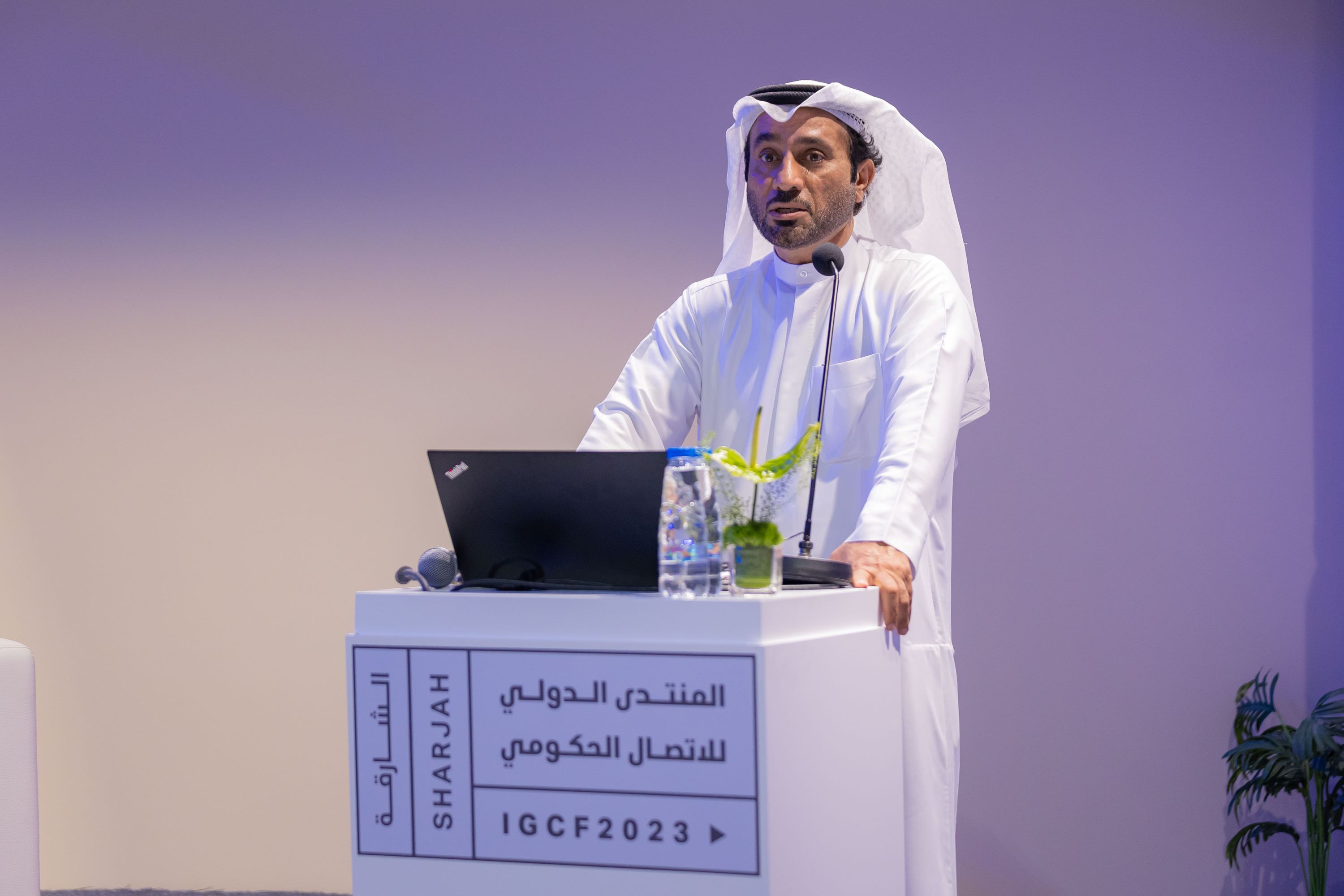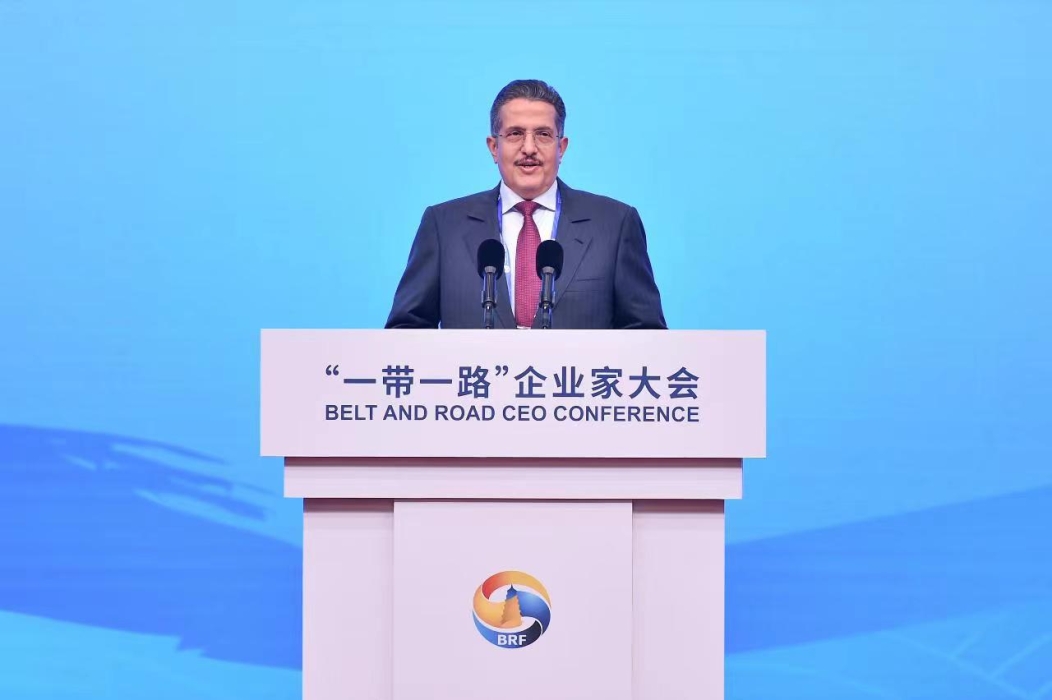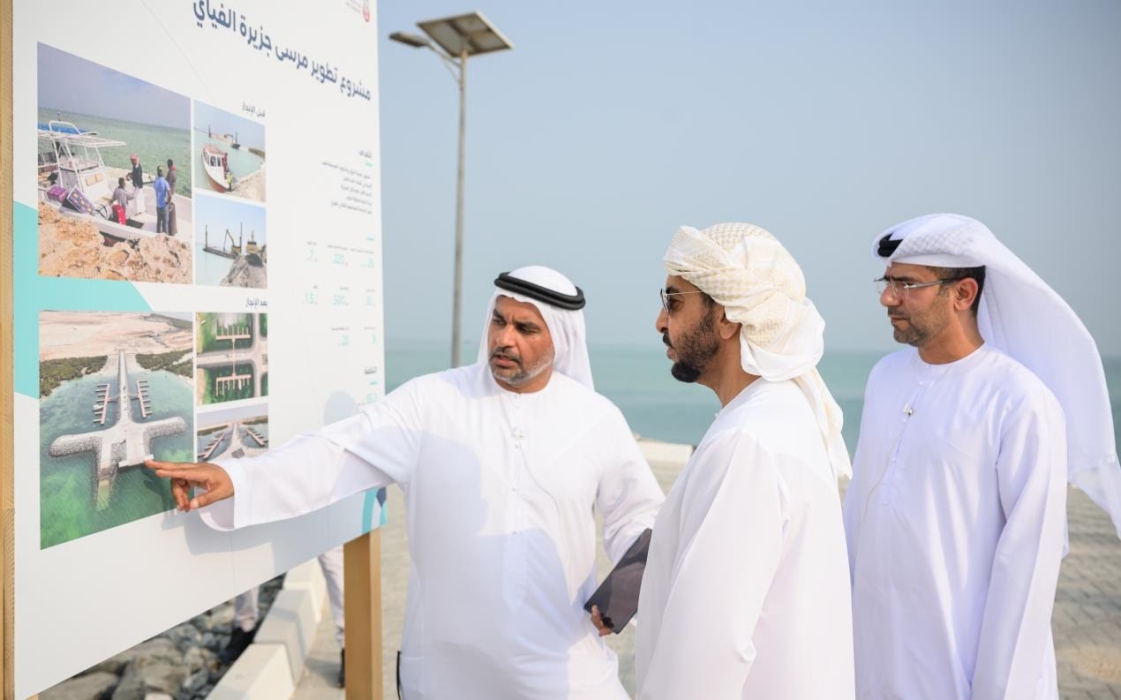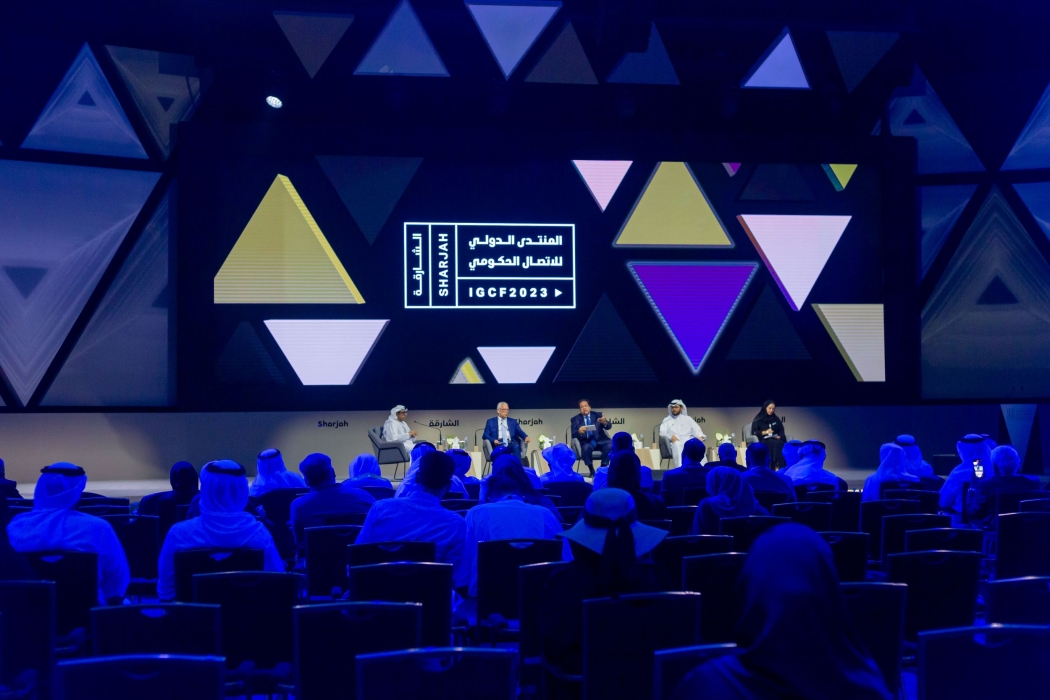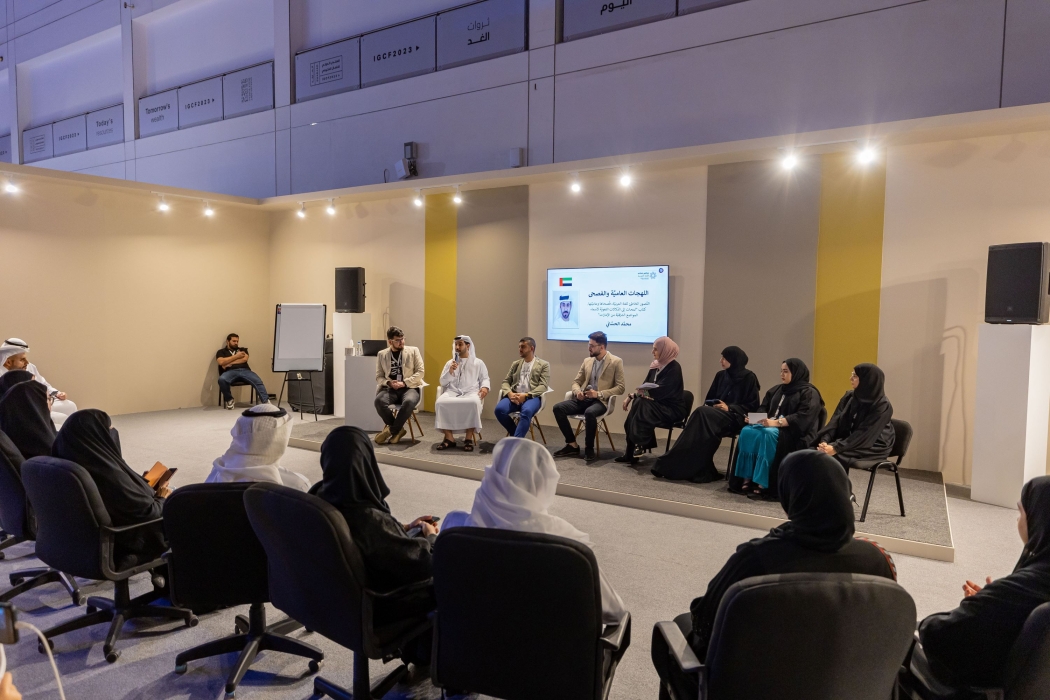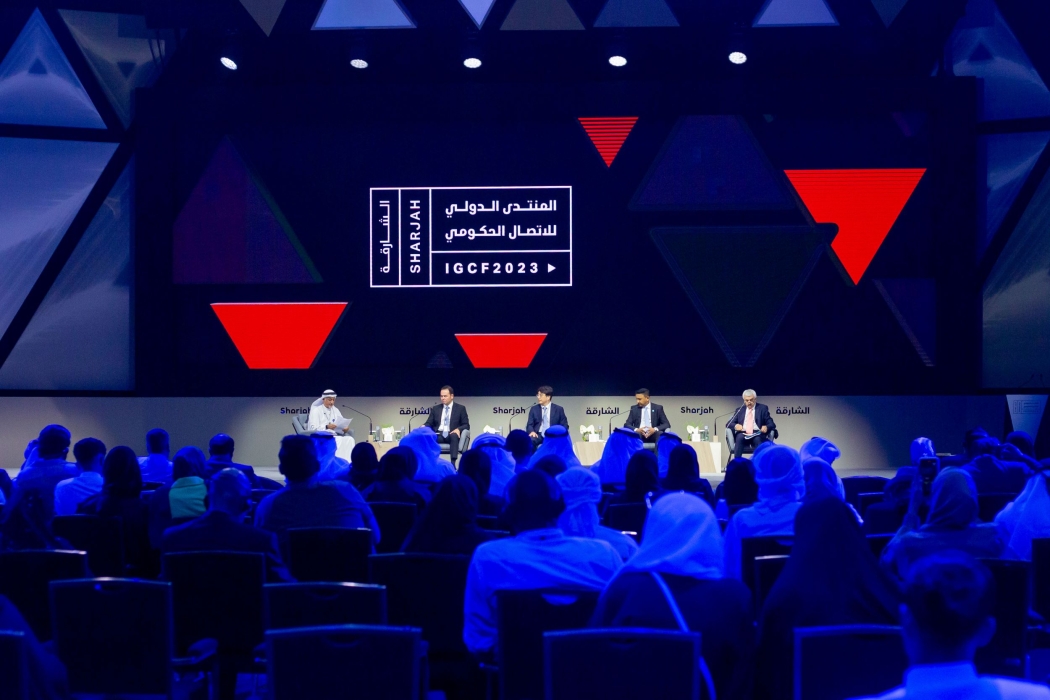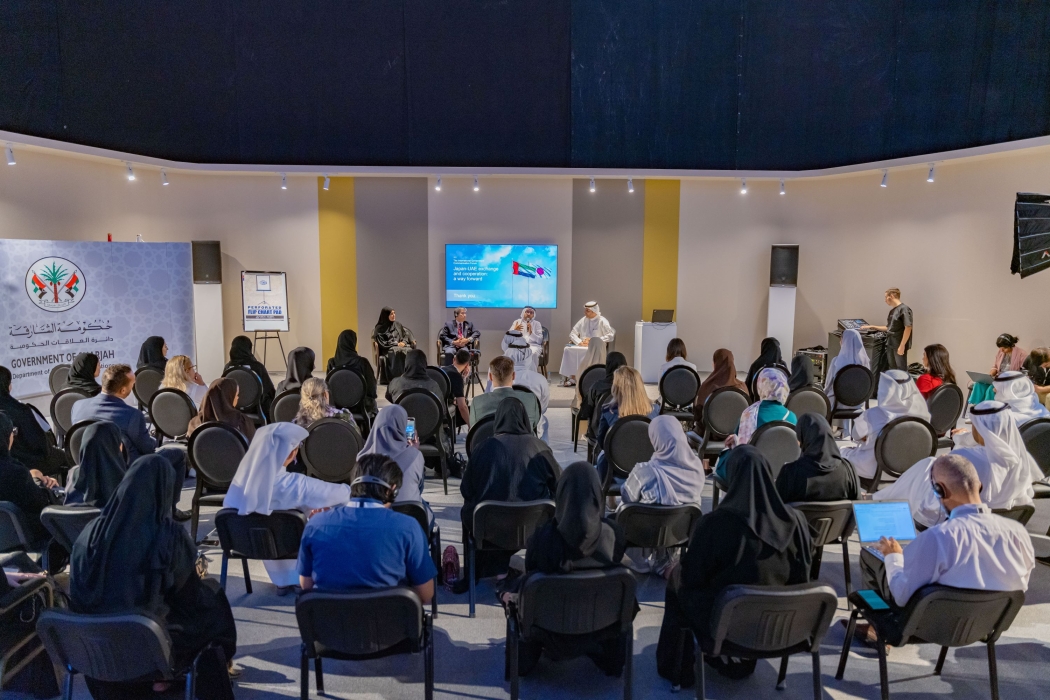Leading experts tackle sustainability and food security at IGCF 2023
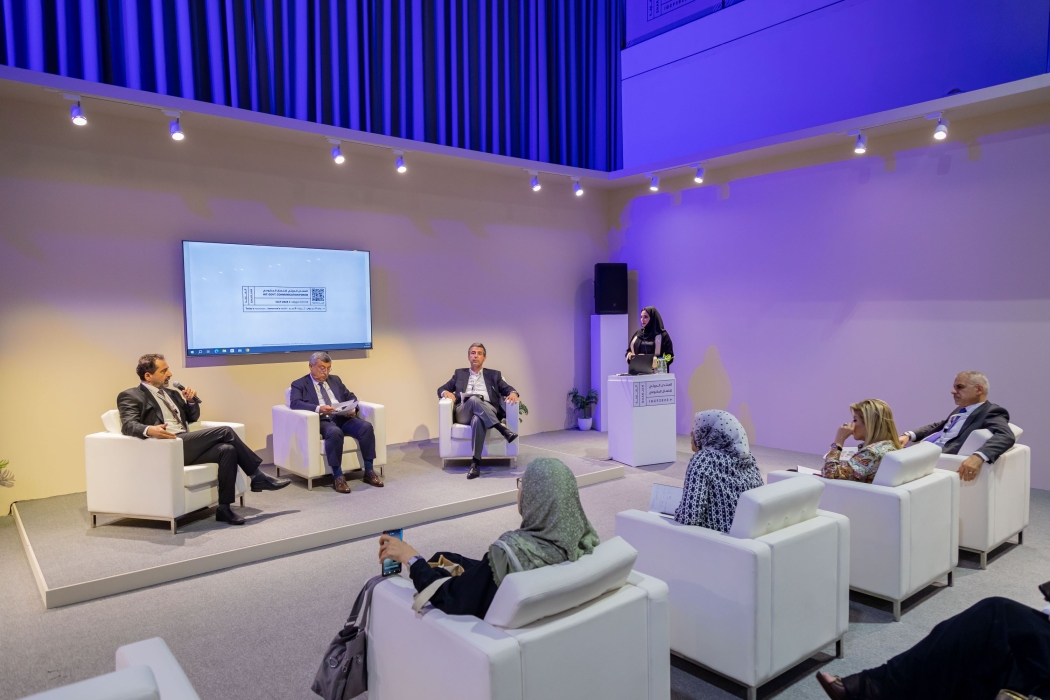
Sharjah, 14 September, 2023
The vibrant 12th edition of the International Government Communication Forum (IGCF 2023) themed 'Today's Resources... Tomorrow's Wealth', witnessed two compelling sessions that delved into crucial topics of food security and the intricate relationship between heavy industries and climate considerations on its concluding day.
A balanced today... for a greener tomorrow
During a panel discussion titled 'A Balanced Today... for a Greener Tomorrow,' Dr. Ayman Ayyash, Chairman of the Jordanian Royal Commission for the Mining Sector, emphasized the urgency of the global climate crisis, stating: "What we have experienced this year has confirmed that we have moved beyond global warming and reached a state of global boiling, evident in the floods and fires occurring worldwide."
He further highlighted that countries worldwide are racing to achieve zero carbon emissions by 2025. Car manufacturers are set to transition to electric vehicles (EVs) by 2035, with the sale of petrol cars in Europe ceasing by 2025.
Dr. Ayyash also discussed the growing demand for critical minerals needed for saving green energy. He said: "Arab countries are rich in these minerals and should update their mining laws to capitalize on the global rush to mine them." He cited Saudi Arabia, Oman, and Jordan as examples of countries making significant progress in updating their mining regulations.
For his part, Dr. Osama Kamal, former Minister of Petroleum and Mineral Resources of Egypt, highlighted that 80% of energy comes from fossil fuels, and 75% of greenhouse gas emissions consist of carbon dioxide, significantly impacting the environment.
He emphasized that this form of energy is finite, leading countries to actively seek economically viable, eco-friendly, and sustainable alternatives, where technology has played a pivotal role in accelerating this transition.
He said: "To successfully transition to alternative energy sources,
countries must invest in a diverse mix of energy sources, including wind,
nuclear, solar, and water, while employing the right technologies to ensure
sustainability and feasibility, noting: "Many European countries, lacking
natural energy sources, have made significant investments in alternative energy
solutions to diversify their energy sources."
Highlighting Sharjah's achievements in waste-to-energy initiatives, Daker Rabaya, CEO of Beeah Recycling, reported that 90% of waste is recycled and converted into more energy than consumed. He also highlighted Beeah's ambitious plans to produce 20 times more energy from their operations in the next 20 years. Due to their success in the waste-to-energy domain, he mentioned an ongoing study to transform the landfill into a solar farm capable of generating 120 to 150 megawatts of electricity.
Food security and sustainability
In an inspiring speech titled 'Food security...a successful story from the UAE to the world', Eng. Mohammed Mousa Alameeri, Assistant Undersecretary for the Food Diversity Sector at the Ministry of Climate Change and Environment, highlighted the UAE's strides and commitment to food security and sustainability.
He said the UAE is celebrating 2023 as the Year of Sustainability and hosting COP28, which spotlights the commitment to sustainable practices and cooperation with countries worldwide to formulate innovative solutions.
Alameeri said the UAE is in a region characterized by high temperatures, water scarcity, and a shortage of arable land, which stands at 5%. He noted that over 80% of food is imported due to significant developments and population growth since the country's establishment.
He added: "The UAE launched its National Food Security Strategy in 2018, which rests on three key elements: boosting local food production, diversifying food imports, and investing in the food and agriculture sectors, which is being accomplished by adopting cutting-edge technologies and innovative farming methods, such as hydroponics, vertical farming, and modern fish farms, which reduce water consumption significantly and often do not require arable land. This enhances local agricultural production, improves product quality and diversity, and contributes to our food security."
He said the UAE has succeeded in cultivating uncommon food varieties, like tropical fruits and salmon, in the desert.
The undersecretary lauded Sharjah's leading projects in this field, including the wheat farming project 'Saba Sanabel', the Sharjah cattle breeding project, which includes selectively bred cattle that have not been distributed to any country in the world before, that will produce milk used to make dairy products.

